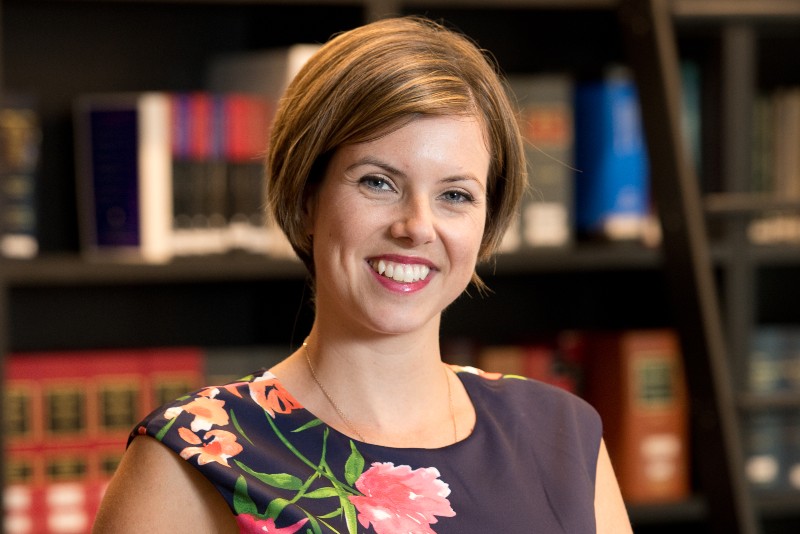Kara (not her real name) and her husband came to Canada to raise their children in a just society free of discrimination.
A former doctor who couldn’t get her foreign credentials recognized, Kara went to work in a different profession. For almost eight years, she worked for the same employer. Then, over a period of months, she began to suffer from severe stress and anxiety. She couldn’t sleep and dreaded going to work. Kara would also come to suffer from depression and suicidal thoughts.
Why? A micro-managing supervisor appeared to have targeted Kara because she was an immigrant. This person subjected Kara to a steady stream of microaggressions and demeaning comments. There was no one big thing, but together, they made for a toxic workplace.
“Quite often, harassment isn’t as direct as you might think it’s going to be, or like how it’s presented on TV,” said Jill Lewis, a labour and employment law lawyer at Ottawa’s Nelligan Law.
A rejected LTD claim and job loss
Kara ultimately took short-term disability leave. The real problem started when she applied for long-term disability. The insurer rejected her application because her doctor’s note gave the impression that this was only a workplace problem, rather than a true mental health issue.
Not only did Kara’s employer provide little to no help with her LTD application, it then gave notice that her entire department would be let go. This raised a whole new set of questions Kara couldn’t answer about whether the severance package that had been offered reflected her true entitlement under Ontario’s Employment Standards Act.
“I needed someone to stand up for me.”
– “Kara,” a client of Nelligan Law
“I needed someone to stand up for me,” Kara said. “We had left everything behind and come to Canada for justice, only to experience this. It impacted me and my family seriously.”
She spoke first to a couple of lawyers in that “we get paid when you get paid” category about filing a workplace harassment suit. They turned her away on the grounds that her case wasn’t strong enough.
Then a referral led her to Lewis.
‘Her empathy made all the difference’
“From that first meeting with Jill, she was human,” Kara said. “Those other lawyers were just looking for money, they didn’t care about their clients. Her empathy made all the difference.”
At that point, Kara didn’t even care about any kind of monetary settlement – she just wanted to be heard and find some sense that justice had been served.
“By the time I got back home from that first meeting, 75 per cent of my suffering was gone,” Kara said. “When you are in a dark place with no hope and you are filled with anger and you don’t know what you should do, finding someone in that darkness who has a little light for you makes all the difference.”
Lewis, of course, did more than just listen.
First, she worked with Kara (at Kara’s pace, given her mental health challenges at the time) to document incidents of workplace harassment. Then she spoke to Kara’s doctors and explained what information the insurance company needed to confirm that she met the definition of disability as described in her policy.

“Focus on the diagnosis, not the cause – that’s the key to a successful LTD claim,” Lewis said.
Justice is served
All this material was then submitted with a new application. This time, Kara’s LTD claim was approved. She received a retroactive payment to make up for months of zero income.
Second, Lewis tackled that severance package with a demand letter. At issue was the base entitlement for eight years of service and additional general damages for wrongdoing related to workplace harassment and discrimination.
In the end, Kara received a settlement roughly twice what she had been originally offered. The best part? The general damages portion isn’t income, so it’s tax-free.
Kara received far more than she ever expected, and her former employer ended up covering 90 per cent of her legal costs.
Her experience has demonstrated that newcomers to Canada do sometimes face discrimination and injustice, but skilled and compassionate professionals are standing by, ready to help.
“My humble advice to anyone in the same situation is don’t deal with anything like this by yourself,” Kara said. “Because you don’t know if you are in the right, and even if you do, it’s how you ask for your rights that will get you justice. You need someone who knows the law.”

